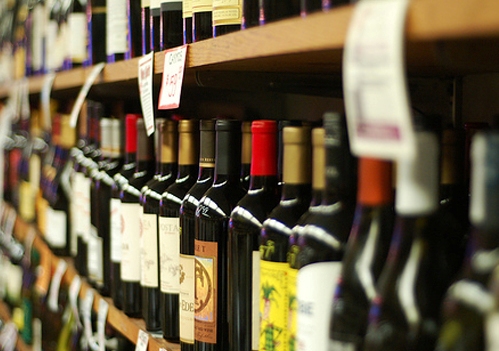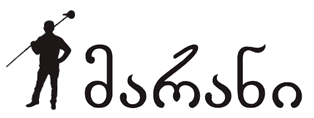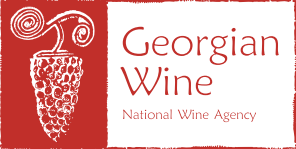
by Neil Buckley
Georgian wine and mineral water are poised to return to Russian shops and restaurants after a seven-year absence, marking the first breakthrough in relations since the 2008 war between the ex-Soviet neighbours.
The end of Moscow’s 2006 trade ban – agreed in principle on Monday – highlights the shift since businessman Bidzina Ivanishvili became Georgia’s premier in October pledging to rebuild ties with Russia, where he made his estimated $6.4bn fortune.
Mr Ivanishvili’s government insists Georgia’s priority remains closer integration with Nato and the European Union. But it says this can only be achieved by also restoring trust with Moscow.
Russia’s ban on Georgian wine, mineral water and fruit, ostensibly on health grounds, typified the downward spiral in relations as president Mikheil Saakashvili, leader of the 2003 “Rose” revolution, reoriented Tbilisi towards the west.
With Russia then taking more than 70 per cent of Georgia’s wine exports, it dealt a severe blow to the economy.
After meeting Georgian officials in Moscow on Monday, Gennady Onishchenko, Russia’s top public health official, said exports could resume by spring or earlier. Russian sanitary experts will conduct checks at Georgian winemakers next week.
Foreshadowing the ban’s lifting, Russian oligarch Mikhail Fridman’s Alfa Group last week bought control of Borjomi, Georgia’s salty sparkling mineral water that was long a Soviet favourite, for a reported $300m.
The trade move follows a meeting last month between Vladimir Putin, Russian president, and the head of Georgia’s Orthodox church. Dmitry Medvedev, Russian prime minister, also briefly met Mr Ivanishvili in Davos. Russia also joined the World Trade Organisation last year.
It remains, however, a first step on a difficult road to rebuilding ties – viewed cautiously by Washington, a key ally of Mr Saakashvili, who remains president until October this year.
Maia Panjikidze, Georgia’s foreign minister, warned this weekend’s Munich security conference that Russia’s occupation of Georgia’s breakaway regions of Abkhazia and South Ossetia since the 2008 war remained a threat to regional and European stability. Joe Biden, US vice-president, said Washington would not recognise the two regions as independent states, as Russia did in 2008.
During a visit to London last week Irakli Alasania, Mr Ivanishvili’s defence minister and a potential presidential candidate, reiterated Georgia’s ambitions to get closer to Nato. But he said Georgia wanted to assure Nato allies they would not be “importing problems”.
“That is why it is important to establish working, pragmatic relations with Russia,” he said. “We don’t have illusions that it will change overnight.”
Georgian officials say the wine ban had some positive consequences, forcing winemakers to raise quality and clamp down on counterfeiting. The country, home to hundreds of native grape varieties, claims to be the birthplace of winemaking 8,000 years ago, according wine a special place in its culture.
Joseph Stalin, the Georgian-born Soviet tyrant, toasted US president Franklin Roosevelt and Britain’s Winston Churchill with semi-sweet Khvanchkara red at the 1945 Yalta conference.
Mr Saakashvili last year treated then US secretary of state Hillary Clinton to a wine tasting in Georgia’s Black Sea resort of Batumi.
© THE FINANCIAL TIMES LTD






